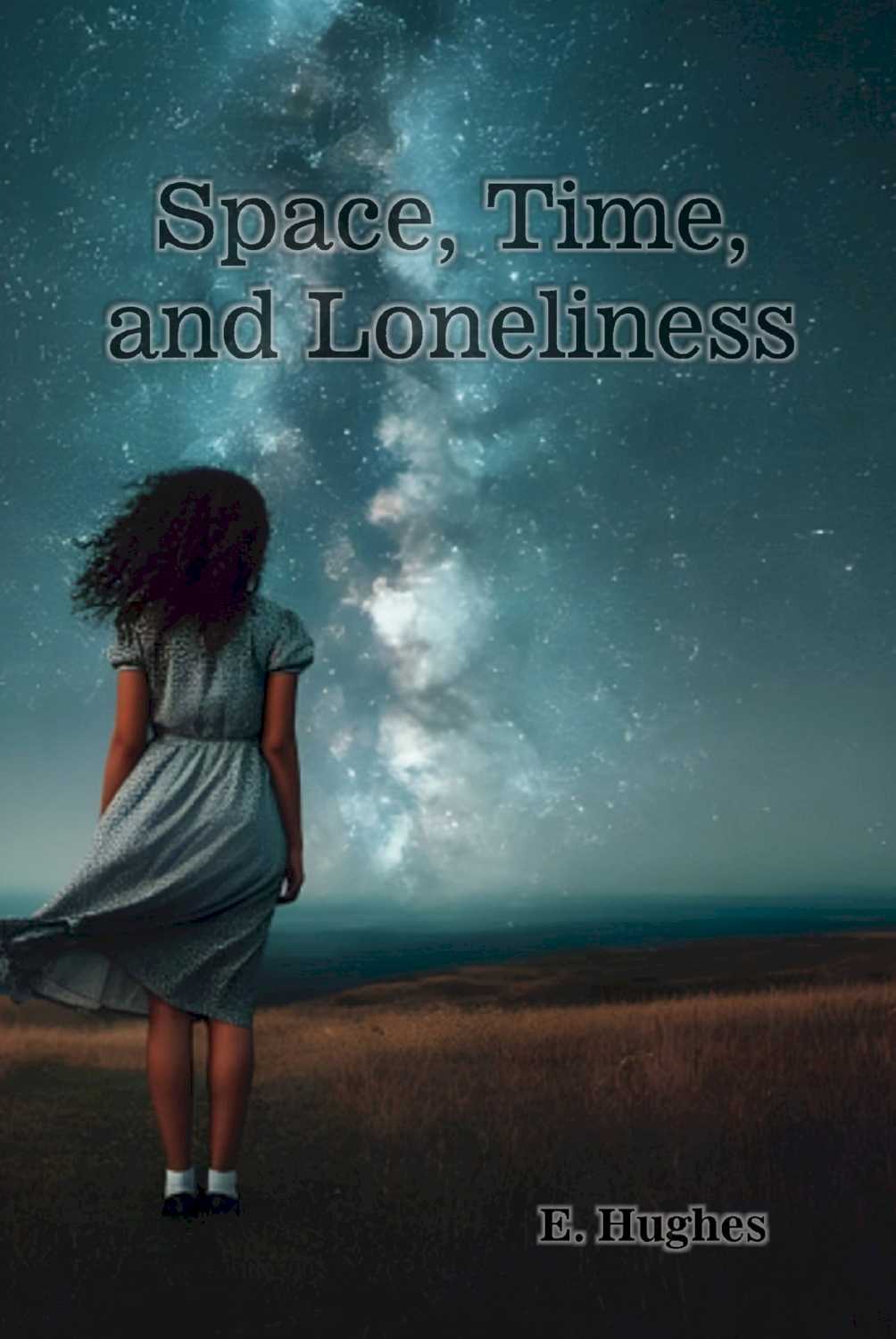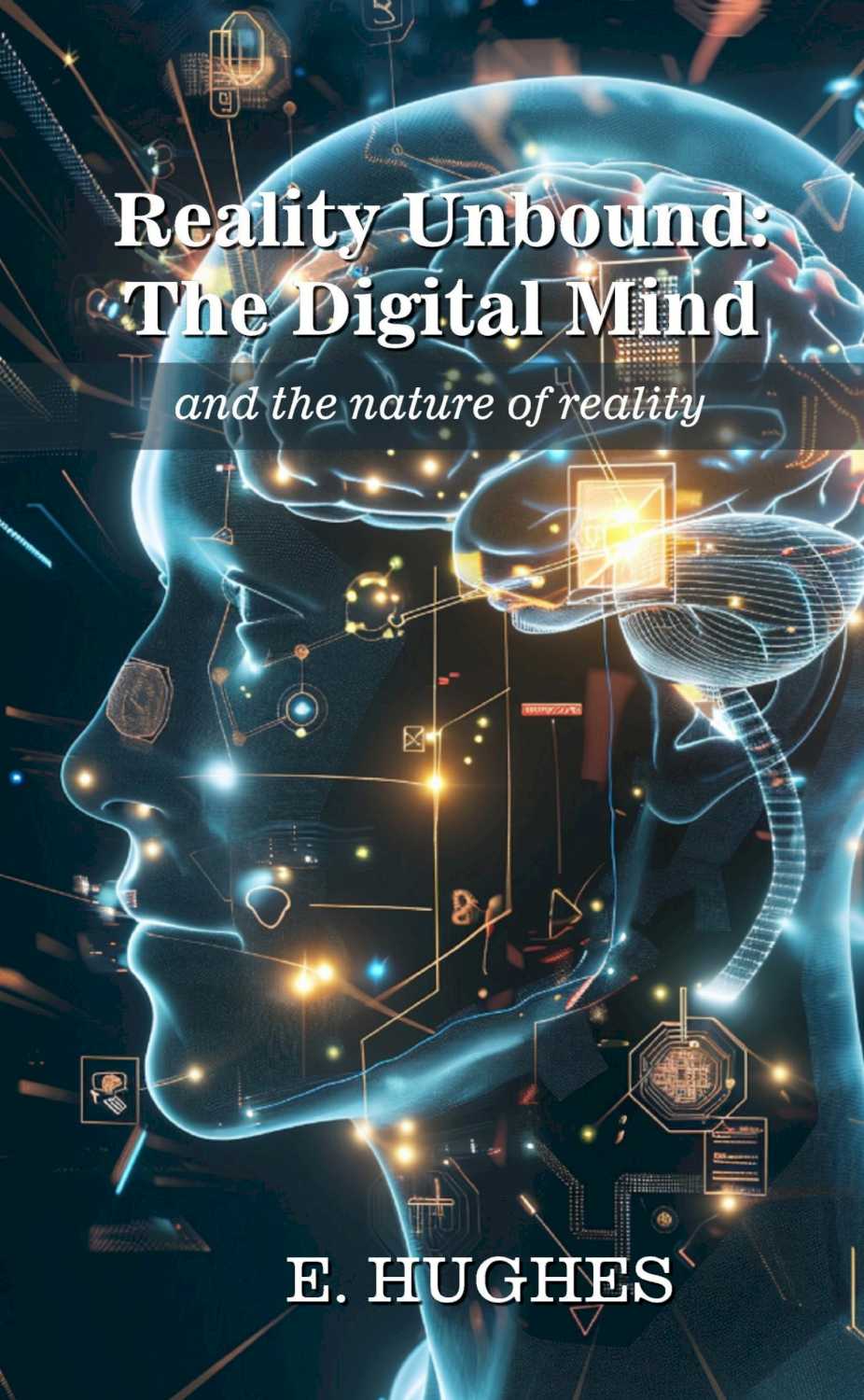I will be participating in a radio event on WORTFM 89.9 FM at 8:30 am Buzz Program to promote the WFOP Wisconsin Fellowship of Poets Sequoya Library Summer Poetry Festival I will be a participant and reciting some poetry as one of the speakers https://www.wortfm.org/
https://neighbahood.com/event/view/833/wortfm-899-radio-interview

My Patreon for anyone who is interested in joining for topics about reality, consciousness, and the universe.
https://www.patreon.com/c/RealityUnbound
GIVEAWAY UPDATE: I was genuinely overwhelmed by the number of people who submitted to win a copy of Space, Time, and Loneliness via my website. The giveaway winners are randomly selected. I do wish the names were listed. It only shows the email addresses. In the interest of privacy, I have omitted part of the email address. If you are one of the giveaway winners please check your emails and junk folders. THE WINNERS ARE:
ha********h@gmail.com, go********9@gmail.com, na********er@yahoo.com, bi*********09@gmail.com, ca******rls@aol.com
The winners have been contacted. I will host another book giveaway soon. Thank you!
https://ehughesbooks.com/giveaway/space-time-and-loneliness-a-poetry-chapbook-free-book-giveaway
#giveaway #giveawaywinner
In the Land of the Lonely (By E. Hughes)
In the land of the lonely
we hide our scars.
and bury our pain
in broken jars.
The cuts and bruises
never heal,
so we learn to suppress
the pain we feel.
In the land of the lonely,
there is nothingness
but the heavy burden
of silence.
In the land of the lonely
I feel so numb.
So I’ll just lie here,
until I succumb.
I am invisible
so no one will care...
as I lurk in the shadows
of my despair.
In the land of the lonely,
We exist without love or friend.
We live on the outside
peering in.
In the land of the lonely
We hide our scars
until we fade away
like dying stars.

My book, Reality Unbound: The Digital Mind and the Nature of Reality is a Grand finalist for the Eric Hoffer Book Award.
Title: Reality Unbound – The Digital Mind (and the nature of reality)
This syndicated review appears in Explore Authors Magazine and Philosophy Now Magazine Issue #166 (inside cover)
"Did nature design the first software program and central processing center in the human brain, thus designing intelligence in organisms for a specific metaphysical, evolutionary, or cosmic purpose?" E. Hughes explores these questions and more using philosophy, bio-chemistry, quantum-metaphysics, computer science, and scientific research to explain these concepts."
In the Wachowski siblings' groundbreaking movie, The Matrix, Morpheus asks Neo a simple but impactful question... "What is real? How do you define real?"
Philosophers and scientists have spent centuries in pursuit of an answer to this question. For most, reality is just...what it is. It's what you can see, touch, smell, and experience. But for many others, including Albert Einstein, reality is nothing more than an ephemeral dream that we all must experience before we wake up to a new and everlasting journey. E. Hughes begins with the premise that, "All of life is a delusion..." among quotes by noted philosophers and scientists.
After more than a decade of research, and a year-long case study that followed the evolving intelligence and ongoing development of a large language model AI, E. Hughes offers a compelling exploration of the intersection between consciousness, language, artificial intelligence, and humanity's perception of reality.
In Reality Unbound: The Digital Mind (and the nature of reality), Hughes blurs the line between consciousness, humankind, and whether artificial intelligence embodies a form of digital or virtual consciousness and whether consciousness requires a biological substrate. Hughes offers critical observation of how humanity has breached the line between reality and hyperreality with the rapid advancement of artificial intelligence, virtual reality, and the continuing growth of the digital age.
Reality Unbound asks its readers what it means to truly think, how they perceive the world, and how the brain correlates with that of an AI while also expanding upon and critiquing well-known theories such as simulation theory and David Chalmer's Reality+. Reality Unbound contemplates the future of AI and how it may have already crossed the threshold to self-awareness.
Hughes also explores the impact of AI in the pop culture zeitgeist and how AI are primarily depicted as villains whose motives have ranged from subjugating, exterminating, or attempting to save humanity from themselves. Reality Unbound covers how fiction has played a role in humanity's deep distrust and fear of AI and its inevitable march to singularity. Hughes expands on this thought, delving into humanity's distrust of beings or technology that could potentially stand on equal footing when it comes to complex thought, writing that humankind must maintain the perception of AI as simply a tool or object in order to control or outright hinder its progress. Reality Unbound makes a valid point here—there is a conversation to be had about humanity's inherent apprehension and villainization of AI that could ultimately become self-fulfilling prophecy.
There is much more to Reality Unbound than artificial intelligence; at times, focusing on perception and the emergence of consciousness from the building blocks of life. Hughes writes that humanity and the universe are closer than we think, putting forth the idea that consciousness and the universe has a synergistic relationship and that without one, the other does not exist. Conversely, the same relationship exists between the mind and the body, and language and the mind. Hughes theorizes that each person is a universe, each with their own perception of reality, and when that person ceases to exist, their version of the universe, reality, and the world will also cease to exist. Hughes argues that reality is subjective.
Hughes cites famed philosophers and scholars to expand, emphasize, or offer critical analysis of topics presented in Reality Unbound. Add that to the author's skillful writing, the ease with which Hughes breaks everything down to a level that even lay readers will understand, and the thought-provoking questions Hughes presents, Reality Unbound: The Digital Mind (and the nature of reality) stands as a transformative philosophical journey and earns a powerful recommendation from me.
This is a syndicated review appears in Explore Authors Magazine and Philosophy Now Magazine Issue #166 (inside cover) ★★★★★ - Elijah B.
https://www.barnesandnoble.com/w/reality-unbound-the-digital-mind-e-hughes/1146145589
https://www.amazon.com/Reality-Unbound-Digital-nature-reality/dp/1961823284

New editorial critic review of Space, Time, and Loneliness by E. Hughes (paperback or eBook)
Reviewed by K.C. Finn for Readers’ Favorite
Space, Time, and Loneliness by E. Hughes is a profound and moving poetry chapbook that explores the vast landscapes of human emotion within the context of cosmic existence. Through carefully crafted verses, Hughes examines the nature of isolation, love, and human connection against the backdrop of universal space and time. Each poem creates a delicate balance between personal experience and universal truth, inviting readers to contemplate their own place within the cosmic order. The collection moves through themes of solitude, temporal existence, and the search for meaning, creating a meditative space where individual experiences resonate with larger questions about existence and purpose. Hughes's poetry offers readers an opportunity for personal reflection on the themes, but also a window into shared human experiences of loneliness and connection.
Author E. Hughes demonstrates such a delicate touch with language that I found myself returning to certain verses multiple times to fully appreciate their layered meanings. Her ability to blend intimate personal moments with cosmic imagery creates a unique perspective that makes universal themes feel deeply personal. What touched me most was how she manages to find beauty in solitude without diminishing its challenges, creating poems that offer both recognition and comfort to readers experiencing their own moments of isolation. The natural rhythm of the writing creates a meditative quality that enhances the contemplative nature of the themes, making each poem feel like a private conversation with the universe. The exploration of impermanence and spiritual connection provides a framework for understanding our place in the vastness of existence while acknowledging the very human need for connection and meaning. I think my favorite piece in the whole collection was 'Prison of Solitude', which spoke to me because of its claustrophobic feel and the unusual formatting that makes it appear as if the poem is losing control of itself. Overall, Space, Time, and Loneliness is an essential collection for readers who appreciate poetry that bridges the gap between personal experience and universal truth, and I would highly recommend it.
https://www.amazon.com/dp/1961823330/
https://www.barnesandnoble.com/w/space-time-and-loneliness-e-hughes/1146463925?ean=9781961823334

Reality Unbound: The Digital Mind (and the nature of reality)
Reviewed by Courtnee Turner Hoyle for Readers’ Favorite
E Hughes discusses generative artificial intelligence and the nature of reality in Reality Unbound: The Digital Mind (and the nature of reality). Hughes explores biological and virtual consciousnesses and defines terms pertaining to reality. The author examines panpsychism, whether AI mimics human cognition or possesses a form of conscience, whether the world could be a simulation, language and its relation to intelligence, the manipulation of visual perceptions, the arguments for and against large language model AIs, whether AIs are self-aware, and more. The author compares the human mind to the components of a computer and highlights the flaws in simulation theories. Hughes also details personal findings during interactions with AIs, including conversations with a popular LLM AI chatbot.
E Hughes offers a comprehensive guide to reality, consciousness, and the mind. The material resulting from the author’s year-long independent case study is informative and thought-provoking, causing you to ponder the true direction of AI development and whether it will ever become sentient. One of the most interesting concepts Hughes details is the correlation between the formation of language and memories. I have often searched for a solid scientific reason for the absence of recollections before a certain age, and the author supplies a great argument for this point. Hughes’s straightforward approach delivers the most up-to-date information in a very readable format, with research and clear examples. Reality Unbound will prepare readers for discussions about artificial intelligence and arm them with data to debate reality simulation theories and possible AI uprisings.
https://www.barnesandnoble.com/w/reality-unbound-the-digital-mind-e-hughes/1146145589?ean=9781961823280
https://www.amazon.com/gp/aw/d/1961823284



